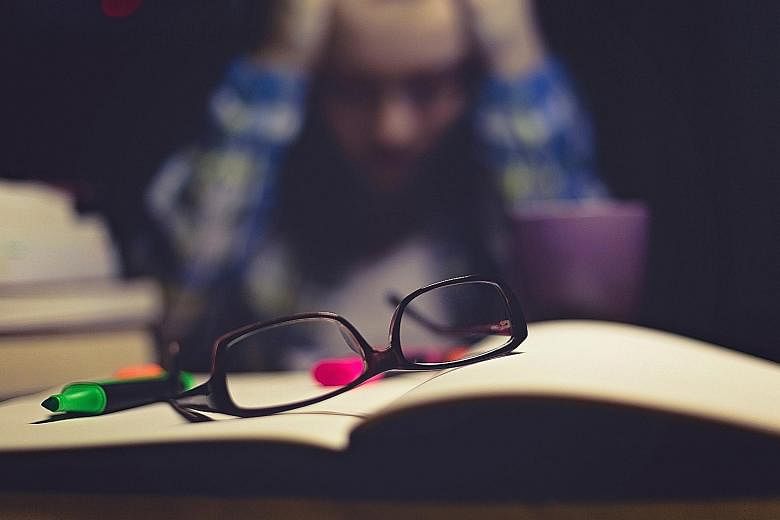Mental health problems, including psychotic experiences, could in part be down to a lack of sleep, researchers have revealed.
A new study found that people who had undertaken a course of cognitive behavioural therapy (CBT) designed to treat insomnia not only found that their sleep improved, but also experienced reduced paranoia and fewer hallucinations, as well as improvement in depression and anxiety.
"The dominant view is that sleep problems are either a symptom of several mental health problems or it is a secondary consequence," said Professor Daniel Freeman from the University of Oxford and co-author of the research. "Really, sleep is one of the contributing causes."
Writing in the journal Lancet Psychology, researchers from institutions across the United Kingdom described how they examined the link between sleep and mental health using online surveys to quiz students from 26 universities.
Individuals were invited to take part in the study if they were found to have insomnia after answering a Web-based questionnaire.
More than 3,700 students signed up for the study. Participants were split into two groups - those who were offered an online course of six 20-minute sessions of CBT directed at tackling insomnia, and those who received no treatment.
Both groups undertook online assessments at the start of the study and after three weeks, 10 weeks and 22 weeks. The results reveal that improvements in sleep and mental health were greater for members of the CBT group.
Insomnia in the CBT group was found to have fallen by almost half, 10 weeks into the study. Anxiety and depression dropped by a fifth, and paranoia and hallucinations fell by 25 per cent and 30 per cent respectively.
"Having insomnia doubles your chances of developing depression. We now know that if you treat the insomnia, it reduces depression," said Prof Freeman.
Mania symptoms increased among those in the sleep treatment group, but the team said these could actually reflect increased wellbeing, since assessments for mania probe factors such as cheerfulness and self-confidence.
While most participants did not have clinically diagnosed mental health disorders, the team said they believe insomnia is also likely to be a contributing factor for severe psychological problems.
"The realistic view of mental health problems is that there is a spectrum of severity. The evidence is that the causes and treatments are similar," said Prof Freeman.
Insomnia-focused CBT programmes could do much more than help people sleep, he added.
"There is good news. Insomnia can be treated and not only does the distressing sleep problem improve, but there are benefits to your psychological health," said Prof Freeman, adding that with little social stigma attached to insomnia, focusing on sleep problems could offer young people a way to discuss mental health problems.
Mr Ian Hamilton, a lecturer in mental health at York University who was not involved in the study, cautioned that the research relied on self-selection of participants and self-reporting in the assessments - both of which could have affected the results.
But the research offered hope, he added. "The important message is that there is a real opportunity to help young people with insomnia and reduce their chances of developing psychotic experiences."
Associate Professor Nicole Tang, an expert in insomnia and CBT from the University of Warwick who was not involved in the study, said the study was an important one. "Considering that more students are suffering from poor mental health, the findings suggest thatsleep-related interventions are a logical and possibly cost-effective way to tackle this growing problem," she said.
THE GUARDIAN

